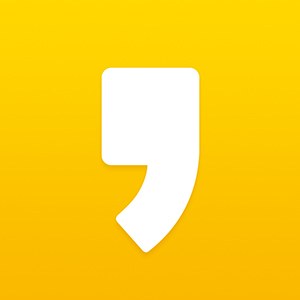[프로그래머스/Lv2] 모음사전
2022. 11. 22. 12:14
https://school.programmers.co.kr/learn/courses/30/lessons/84512
프로그래머스
코드 중심의 개발자 채용. 스택 기반의 포지션 매칭. 프로그래머스의 개발자 맞춤형 프로필을 등록하고, 나와 기술 궁합이 잘 맞는 기업들을 매칭 받으세요.
programmers.co.kr
코드
from itertools import product
def solution(word):
alphabet_list = ['A', 'E', 'I', 'O', 'U']
word_list = []
for i in range(1, len(alphabet_list)+1):
word_list += [''.join(tp) for tp in list(product(alphabet_list, repeat=i))]
sorted_word_list = sorted(word_list)
return sorted_word_list.index(word)+1
설명
가장 무식한 방법으로 문제를 풀었다.
AEIOU로 만들 수 있는 모든 경우의 단어를 리스트에 저장해서
그 리스트를 사전순으로 정렬한 뒤, 입력받은 word의 인덱스를 구해 그 값에서 1을 더한 값을 반환할 것이다.
alphabet_list = ['A', 'E', 'I', 'O', 'U']문제에서 주어진 모음 리스트이다.
from itertools import product
word_list = []
for i in range(1, len(alphabet_list)+1):
word_list += [''.join(tp) for tp in list(product(alphabet_list, repeat=i))]itertools 라이브러리의 product를 사용해서 중복을 허용하는 순열을 만든다.
word_list는 만든 단어를 저장해둘 리스트이다.
1부터 모음의 개수까지 반복한다.
길이가 i인 중복 순열을 만들어 나온 튜플들을 문자열로 바꿔 word_list에 저장한다.
sorted_word_list = sorted(word_list)word_list를 사전순으로 정렬한다.
return sorted_word_list.index(word)+1sorted_word_list에서 입력받은 word의 인덱스를 찾아 +1한 값을 반환한다.
'코딩테스트 > 연습문제' 카테고리의 다른 글
| [프로그래머스/Lv2] 2개 이하로 다른 비트 (0) | 2022.11.24 |
|---|---|
| [프로그래머스/Lv2] 게임 맵 최단거리 (0) | 2022.11.23 |
| [프로그래머스/Lv2] 연속 부분 수열 합의 개수 (0) | 2022.11.21 |
| [프로그래머스/Lv2] [3차] 파일명 정렬 (0) | 2022.11.18 |
| [프로그래머스/Lv2] 방문 길이 (0) | 2022.11.17 |










